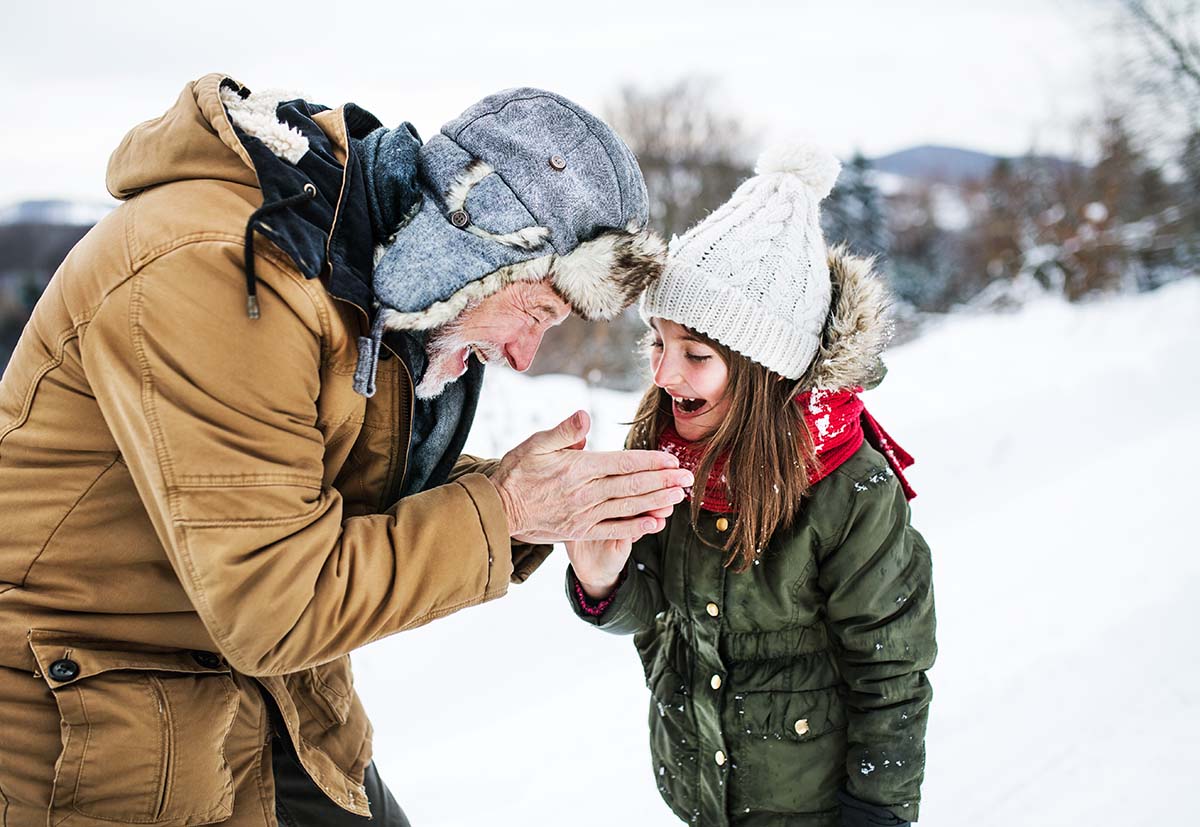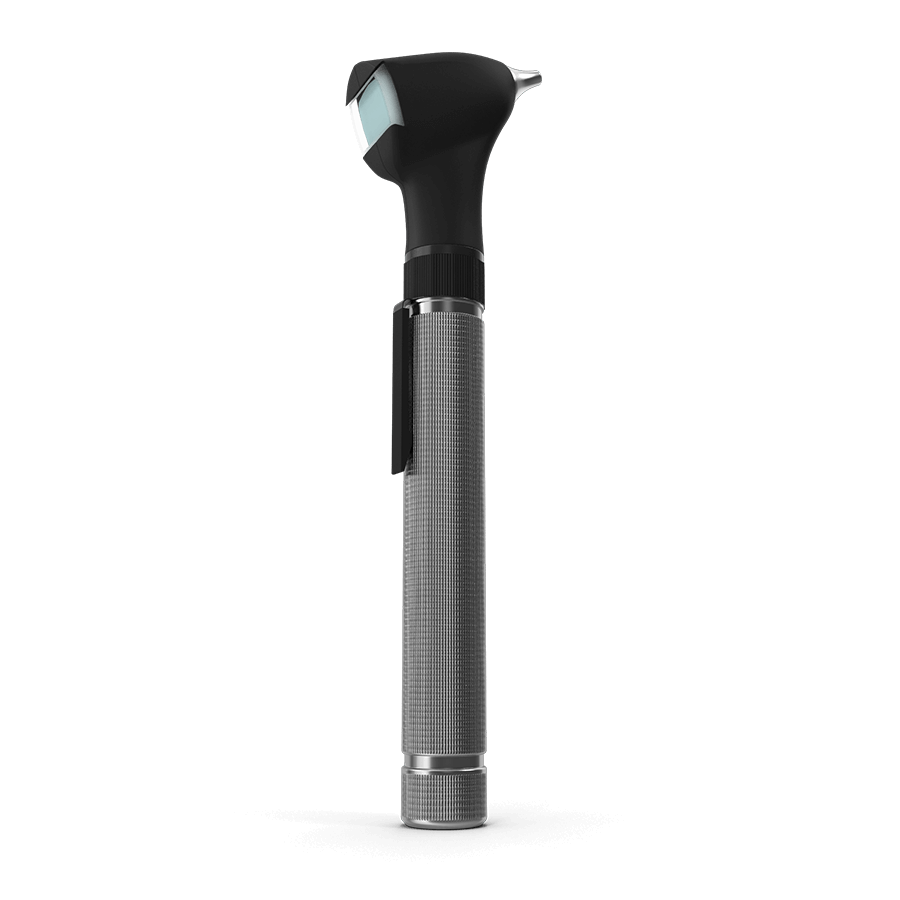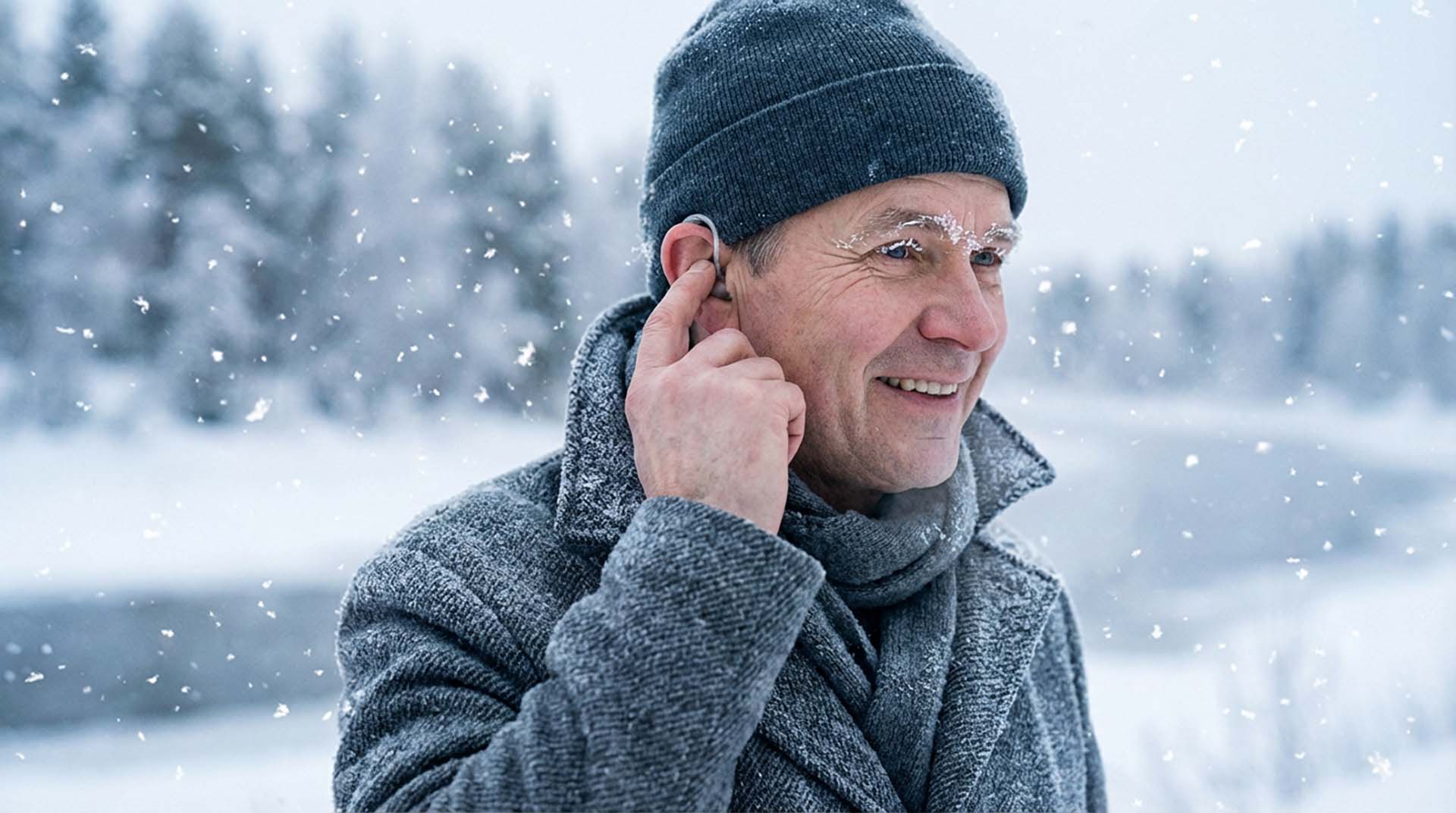Table of Contents
Introduction
Your hearing aids are more than devices – they’re a lifeline to the world around you. Winter brings cozy moments by the fire, brisk walks in the cool air, and the joy of seasonal festivities. But it also brings unique challenges for your hearing health. From increased risks of ear infections to the effects of dry, heated indoor air, the colder months demand extra care for your ears.
Keep Your Ears Warm
Cold weather can restrict blood flow to your ears, making them more vulnerable to damage and infections. Protect your ears from the chill with warm headgear, such as earmuffs, hats, or headbands, and layer up during outdoor activities like winter walks or sports. Cold air exposure can exacerbate conditions like tinnitus, so keeping your ears warm isn’t just about comfort – it’s about prevention.
Avoid Sudden Temperature Changes
Moving quickly between cold outdoor air and heated indoor environments can create pressure imbalances in your ears, increasing the risk of infections and discomfort. Allow your body to adjust by spending a few minutes in a neutral-temperature space, like an entrance hall, before heading indoors or outdoors. Avoid placing your ears directly in front of heating vents or fireplaces, as sudden heat exposure can irritate your ear canal.
Manage Indoor Air Quality
Heated indoor air can become dry, leading to irritated ear canals and an increased risk of earwax buildup. Use a humidifier to keep moisture levels balanced, ideally between 30% and 50%, and avoid sitting too close to heaters or fireplaces, as they can dry out sensitive ear tissue. Dry air can exacerbate hearing aid performance issues, so ensure your devices are properly maintained during winter months.
Practice Good Ear Hygiene
Winter often comes with an increased risk of ear infections due to colds and flu. Wash your hands frequently to prevent spreading germs that can lead to ear infections. Avoid inserting cotton swabs or other objects into your ears, as this can push earwax deeper and increase the risk of blockages or infections. If you feel congested due to a cold, treat the symptoms promptly to reduce pressure in your ears and avoid complications.
Protect Your Ears in Noisy Winter Activities
Winter often comes with festive celebrations, fireworks, and loud indoor gatherings. Excessive noise can damage your hearing, so use earplugs during loud events or while using noisy winter equipment like snowblowers. Keep volume levels reasonable when enjoying music indoors or watching TV with friends and family.
Stay Active and Hydrated
Cold weather can reduce circulation, affecting your inner ear’s health. Regular exercise and hydration improve blood flow, helping your ears function optimally. Take brisk walks or engage in indoor activities like yoga to keep circulation flowing, and drink plenty of water to stay hydrated, even when it’s cold outside.
Regular Check-Ups and Hearing Aid Maintenance
Winter conditions can also affect hearing aids, making regular check-ups essential. Moisture and condensation can impact electronic components. Store your hearing aids in a dehumidifier overnight. Schedule a professional cleaning and check-up to ensure your devices are working effectively.
Conclusion
Winter is a beautiful season, but it requires special care to protect your hearing. By keeping your ears warm, managing air quality, practicing good hygiene, and staying proactive with hearing aid maintenance, you can enjoy the colder months without compromising your auditory health.

📅 Take control of your hearing health this winter. Book your free consultation with AudioCare today!
References
American Speech-Language-Hearing Association. (2022). How to Prevent Ear Infections.
World Health Organization. (2021). World Report on Hearing.
Hearing Health Foundation. (2021). Winter Hearing Care Tips.









